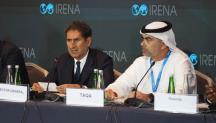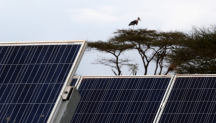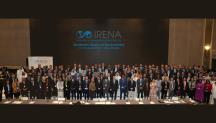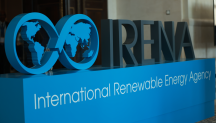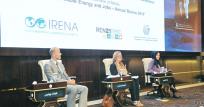
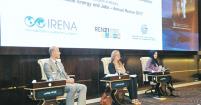
IRENA report: Renewable energy policies need to change with the times
Newsletter
As renewable energy becomes widespread and more affordable, policies must be continually adapted in order to keep up with the dynamic market, says a new report released by the International Renewable Energy Agency on 1 June.
High learning rates and rapid cost decreases for new technologies in recent years have combined with increasingly effective support policies to accelerate the spread of renewable energy around the world. However, this dynamism in the market creates new challenges for policy makers seeking to promote the long-term transition to renewable sources and technologies.
The report, Adapting Renewable Energy Policies to Dynamic Market Conditions, provides an overview of the challenges arising from the rapidly changing global market, along with various possible policy responses.
Frank Wouters, IRENA Deputy Director-General, highlighted policy challenges in dynamic renewable energy markets.
For example, policies that incorporate cost-tracking features, such as auctions for renewable energy, provide market transparency and predictability, along with helping to phase out subsidies at the right time. While financial support by “early adopters” cut technology costs and nurtured the industry, such support must be capped as technologies mature.
“Somewhat counterintuitively, capping support can in some cases strengthen, rather than diminish, investor confidence in renewables,” said Frank Wouters, IRENA’s Deputy Director-General at the report’s launch in Abu Dhabi, capital of the United Arab Emirates.
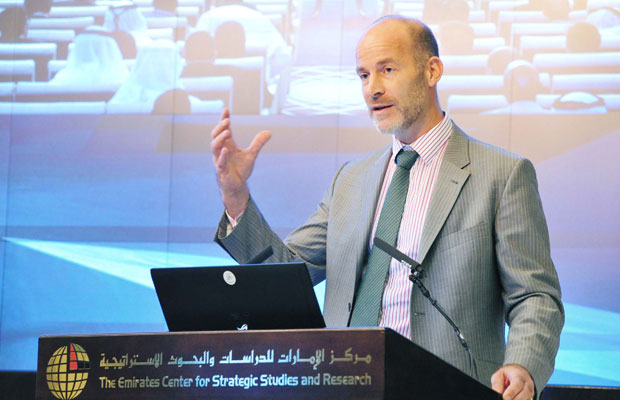
Grid connections and storage must be planned and upgraded in order to integrate growing shares of variable renewables, such as solar and wind power, he added.
The report presents analytical frameworks to assess how to adapt renewable energy policies to each country’s needs. Different considerations include level of economic development, the wish to adopt certain technologies (wind, solar, smart-grid, storage or others), and the need to address utilities, independent power producers and consumers.
IRENA held the launch in cooperation with the Renewable Energy Network for the 21st Century and the Emirates Centre of Strategic Studies and Research. The evening also featured the soft launch of REN21’s Renewables 2014 Global Status Report and a presentation on IRENA’s recent Renewable Energy and Jobs Annual Review 2014.
